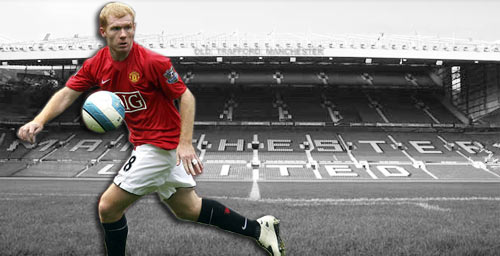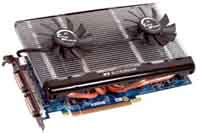Since many people come to this forum asking over and over about overclocking, I have decided to make a (legit) post on overclocking. This is not an extensive guide on how to do it. Rather, it is an introduction/FAQ hybrid to overclocking or O/C'ing. A general idea of how a computer works is needed to understand this guide. This guide only refers to CPU overclocking.
Will an admin please sticky/pin this. Thank you.
Part 1: Intro
Some abbreviations to become familiar with:
o/cing-short for overclocking
mem-memory, sdram (not the hd)
HD-hard drive
CPU-central processing unit
Mobo-motherboard
Vid/gfx card-graphics card
Gigs-gigabyte
Megs-megabytes
Ghz-gigahertz
What is overclocking?
Your CPU runs at a certain clock rate, or speed. The faster the clock rate, the faster the CPU. All CPU's come with stock clock rate. Overclocking is the process of raising the clock rate of a CPU beyond, or over, the stock clock rate (hence the name overclocking). A faster clock rate yield better performance.
Pros of overclocking:
-More performance on the same CPU
Cons:
-May require more equipment (better heatsinks, memory, etc.)
-Uses more power (power bills do add up)
-May (in fact, probably will) void the warranty of the CPU, memory, mobo, etc.
-causes CPU to produce more heat
-risky
Should I overclock?
If you need to ask this question, then probably the answer will be no. Overclocking is risky and if you don

Simviation Forums
Flight Simulator and other chat









 Mainboard: Asus P5K-Premium, CPU=Intel E6850 @ x8x450fsb 3.6ghz, RAM: 4gb PC8500 Team Dark, Video: NV8800GT, HDD: 2x1Tb Samsung F3 RAID-0 + 1Tb F3, PSU: Antec 550 Basiq, OS: Win7x64, Display: 24&
Mainboard: Asus P5K-Premium, CPU=Intel E6850 @ x8x450fsb 3.6ghz, RAM: 4gb PC8500 Team Dark, Video: NV8800GT, HDD: 2x1Tb Samsung F3 RAID-0 + 1Tb F3, PSU: Antec 550 Basiq, OS: Win7x64, Display: 24&
